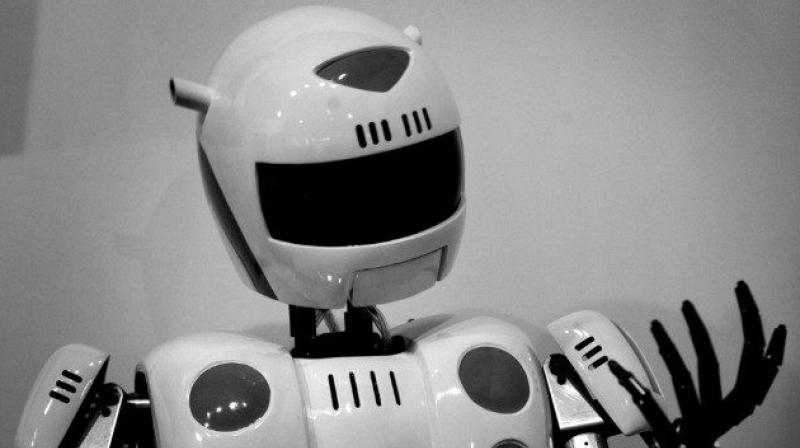Robot-generated fake tweets influencing US election outcome: study

Washington: A high percentage of the political discussion on Twitter was created by software robots or social bots, which may be influencing public opinion and threatening the integrity of the upcoming US presidential elections, a new study has warned.
The researchers from the University of Southern California's (USC) Viterbi School of Engineering in the US, worry that robot-generated tweets distort political online discussion and may impact election outcomes.
"Software robots masquerading as humans are influencing the political discourse on social media as never before and could threaten the very integrity of the 2016 US presidential election," said Emilio Ferrara, research leader at the USC.
By leveraging state-of-the art bot detection algorithms, Ferrara and Alessandro Bessi, visiting research assistant at USC, analysed 20 million election-related tweets created between September 16 and October 21.
They found that robots, rather than people, produced 3.8 million tweets, or 19 per cent. Social bots also accounted for 400,000 of the 2.8 million individual users, or nearly 15 per cent of the population under study.
Researchers found that Republican candidate Donald Trump's robot-produced tweets were almost uniformly positive, boosting the candidate's popularity.
By contrast, only half of his Democratic rival Hillary Clinton's bot tweets were positive, with the other half criticising the nominee. Due to the social bots' sophistication, it is often impossible to determine who creates them.
Political parties, local, national and foreign governments and even single individuals with adequate resources could obtain the operational capabilities and technical tools to deploy armies of social bots and affect the directions of online political conversation, researchers said.
The "master puppeteers" behind influence bots, often create fake Twitter and Facebook profiles, they said.
"They do so by stealing online pictures, giving them fictitious names, and cloning biographical information from existing accounts," they added.
"These bots have become so sophisticated that they can tweet, retweet, share content, comment on posts, 'like' candidates, grow their social influence by following legit human accounts and even engage in human-like conversations," researchers said.

